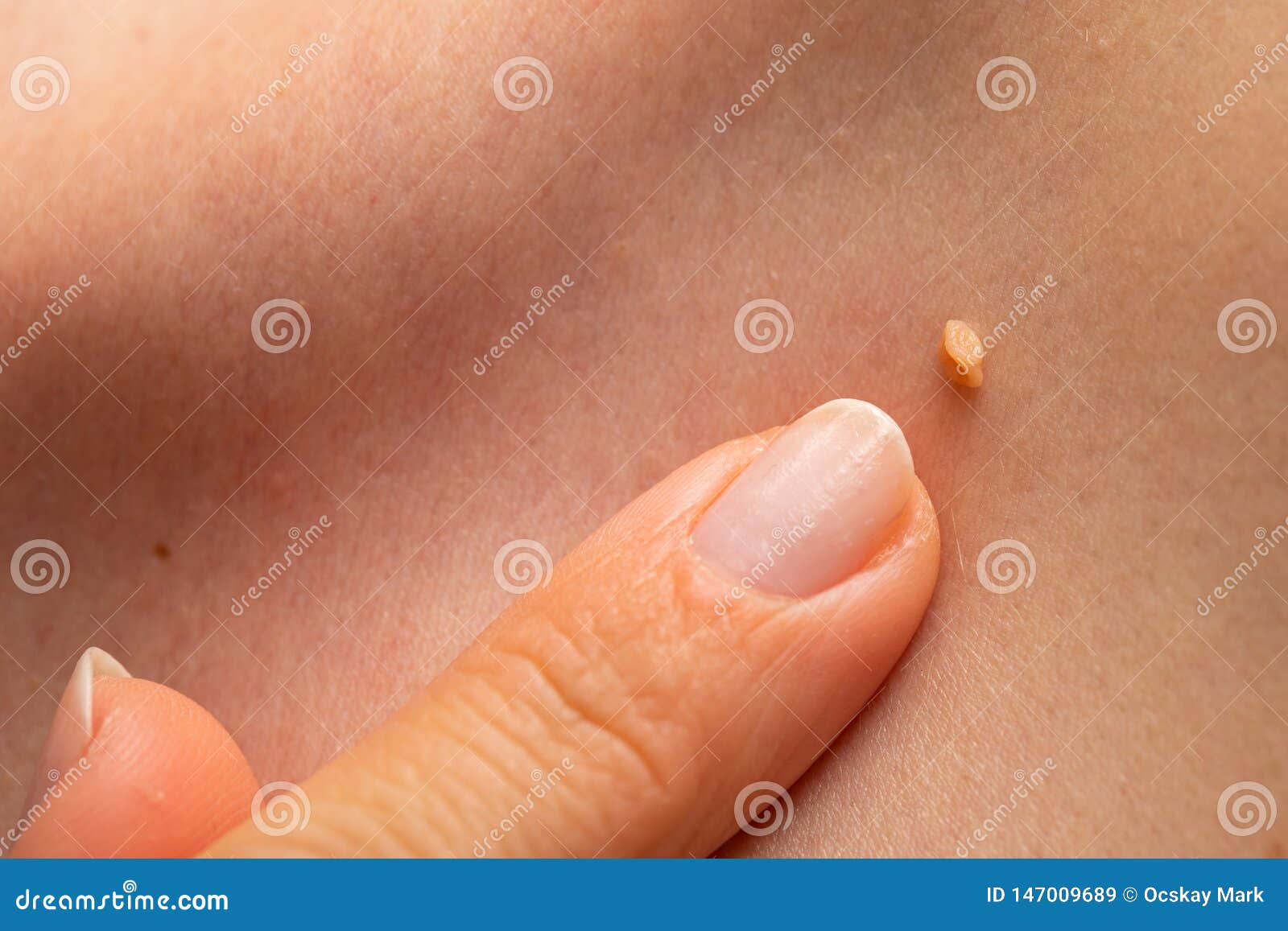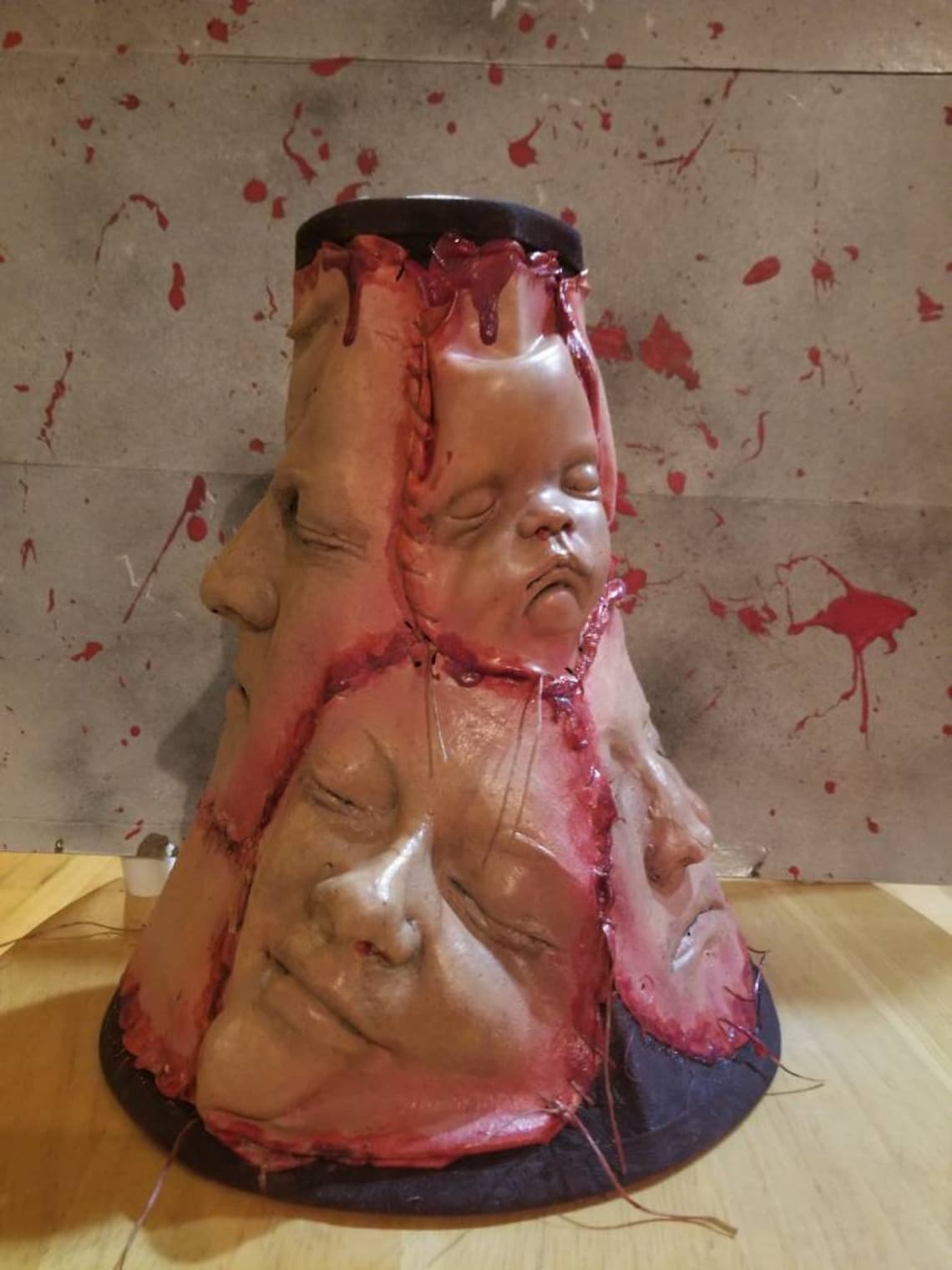

What they do: Versed Skincare is a clean skincare brand that focuses on transparency and sustainability. Their cleansers and creams contain probiotic extracts called probiotic lysates, which are designed to improve smoothness and hydration. What they do: TULA is a skincare brand founded by a gastroenterologist that specializes in probiotics for the skin. In 2020, Procter & Gamble made moves to purchase the startup, but the acquisition failed due to federal antitrust regulations. They are most well-known for their razor start kit that comes with regular replacement blade shipments. What they do: Billie is a personal care company specializing in clean and affordable basics for women. In 2017, the formerly online-only operation opened its first Madison Reed Color Bar in San Francisco, which offers permanent color applications for less than half the cost of a typical salon color.

Founder Amy Erret positions the brand as a “ prestige hair color” that fills the gap between inexpensive drugstore box dye and costly salon hair color. What they do: Madison Reed is a hair color delivery company that ships salon-quality hair color directly to your door. In its most recent round of funding led by Goldman Sachs, the company raised $50 million. Companies like Estee Lauder have incorporated their technology to offer AR try-on mirrors in stores and at home to match foundation shades and sample products virtually. They are best-known for the consumer-facing virtual makeup try-on app YouCam. is a beauty tech service company that utilizes its trademarked face-tracking technology to provide AR beauty apps to businesses and consumers.
#Humankind skincare skin
The service virtually connects subscribers to providers who customize a topical prescription formula to meet their skin care needs. Founded in 2014 as Pocketderm by David Lortscher, the company aims to make effective acne care accessible to all. What they do: Curology is a customized skincare prescription service that treats a variety of concerns from aging to acne. Sallve’s Instagram account increased its follower count by 2.69x since May 2020, reaching more than 569,000 users. The product range includes 22 stock-keeping units (SKUs) with product formulations that include hyaluronic acid, niacinamide, and salicylic acid. What they do: Sallve is a direct-to-consumer (DTC) beauty brand. Since 2019, Planity has achieved 2x growth each year, leading to a revenue run rate of $8.7M in 2021. The company claims to have processed over 40 million appointments since its launch in 2016. What they do: Planity is an online booking service for beauty appointments across 10,000 locations in France.
#Humankind skincare drivers
They experienced 400% growth through the pandemic, and name their Vitamin C face washes and move towards brick and mortar stores as major drivers behind their success. What they do: Mamaearth is an online retailer specializing in natural beauty and personal care products for children and adults. Keep reading to learn more about the key data points on each company 1. We’ve compiled a list of the 30 beauty startups flourishing in this digital era and disrupting the industry. Additionally, clean and natural beauty is expected to grow at a faster rate than the rest of the beauty industry, with a projected CAGR of 12.07%. Another widespread trend among beauty startups is personalized beauty options. It follows that beauty startups are trending towards online direct-to-consumer formats, as consumers become more comfortable with online shopping. In their same report, McKinsey states that skincare, nail care, and personal care experienced huge surges during the pandemic. However, the demand for beauty products has not decreased significantly, only shifted. The beauty and personal care market is expected to grow annually by 3.12% between 20, with personal care making up the largest segment.Īccording to McKinsey, in-store shopping accounted for up to 85% of beauty-product purchases before the pandemic, resulting in an up to 30% loss in revenue when lockdowns began.


 0 kommentar(er)
0 kommentar(er)
